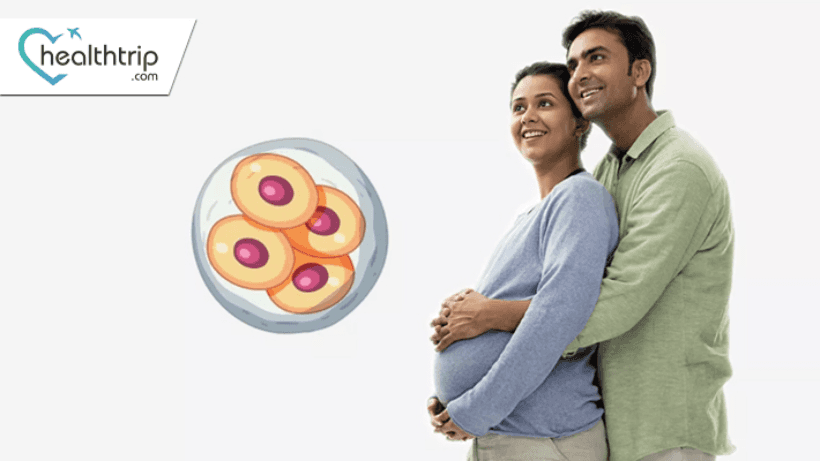
IVF Treatment and Egg Donation
10 May, 2023
Infertility is a common issue affecting many couples worldwide. In Vitro fertilisation (IVF) treatment and egg donation are two viable options for couples struggling with infertility. In this blog, we will explore IVF treatment and egg donation. How they work, and the potential benefits and risks associated with these treatments.
Most popular procedures in India
What is IVF Treatment?
In vitro fertilisation (IVF) treatment is a type of assisted reproductive technology (ART) that involves the fertilization of eggs with sperm outside the body in a laboratory. The fertilised eggs, or embryos, are then transferred to the uterus to establish a pregnancy.
The IVF treatment process typically involves the following steps:
1. Ovarian Stimulation: The first step in IVF treatment involves stimulating the ovaries to produce multiple eggs. This is typically achieved through the use of fertility medications such as gonadotropins.
Wellness Treatments
Give yourself the time to relax
Lowest Prices Guaranteed!

Lowest Prices Guaranteed!
2. Egg Retrieval: Once the eggs have matured, they are retrieved from the ovaries using a needle guided by ultrasound.
3. Fertilisation: The retrieved eggs are then fertilised with sperm in a laboratory dish.
4. Embryo Culture: The fertilised eggs are allowed to develop into embryos in a laboratory for a few days.
5. Embryo Transfer: The developed embryos are then transferred to the uterus using a catheter.
6. Pregnancy Test: A pregnancy test is conducted approximately two weeks after the embryo transfer to determine if the treatment was successful. IVF treatment can be a costly and time-consuming process, with success rates varying depending on several factors, including age, cause of infertility, and overall health.
What is Egg Donation?
Egg donation is another type of ART that involves using eggs from a donor to achieve a pregnancy. This option is typically used when a woman is unable to produce her own eggs due to factors such as age, premature ovarian failure, or genetic disorders.
The egg donation process typically involves the following steps:
1. Donor Screening: The first step in the egg donation process involves screening potential donors for medical and genetic conditions that could affect the success of the treatment.
2. Ovarian Stimulation: Once a donor has been selected, she undergoes ovarian stimulation to produce multiple eggs.
3. Egg Retrieval: The eggs are retrieved from the donor using a needle guided by ultrasound.
4. Fertilization: The retrieved eggs are then fertilised with sperm in a laboratory dish.
5. Embryo Culture: The fertilised eggs are allowed to develop into embryos in a laboratory for a few days.
6. Embryo Transfer: The developed embryos are then transferred to the uterus using a catheter.
Egg donation can be a successful option for women who are unable to produce their own eggs, with success rates varying depending on several factors, including the age and health of the donor and the recipient.
Benefits of IVF Treatment and Egg Donation
Both IVF treatment and egg donation offer several potential benefits for couples struggling with infertility. Some of these benefits include:
1. Increased Chance of Pregnancy: IVF treatment and egg donation can significantly increase the chances of achieving a successful pregnancy.
2. Genetic Screening: Both IVF treatment and egg donation allow for genetic screening of embryos, which can help identify potential genetic disorders and reduce the risk of passing them on to future generations.
3. Family Building: IVF treatment and egg donation allow couples to build their families through alternative means, which can be an incredibly fulfilling and rewarding experience.
4. Donor Anonymity: Egg donation allows for donor anonymity, which can be an important factor for some couples.
Risks of IVF Treatment and Egg Donation
While IVF treatment and egg donation offer several potential benefits, there are also risks associated with these treatments. Some of these risks include:
1. Multiple Pregnancies: IVF treatment can increase the risk of multiple pregnancies, which can lead to complications for both the mother and the babies.
2. Ovarian Hyperstimulation Syndrome (OHSS): Ovarian stimulation can sometimes cause OHSS, which is a potentially life-threatening condition characterised by the accumulation of fluid in the abdomen and chest.
3. Emotional and Psychological Stress: IVF treatment and egg donation can be emotionally and psychologically stressful for couples, particularly if the treatment is unsuccessful.
4. Health Risks: Egg donation carries some health risks for the donor, including the risk of infection, bleeding, and damage to the ovaries.
Choosing the Right Treatment Option
Choosing the right treatment option for infertility can be a complex and personal decision. It is important to consider several factors when deciding on the best option for you and your partner, including:
1. Age: Age is an important factor when considering infertility treatment options, as success rates tend to decrease with age.
2. Cause of Infertility: The cause of infertility can also impact the success of different treatment options. It is important to work with a fertility specialist to determine the underlying cause of infertility before deciding on a treatment option.
3. Emotional and Financial Considerations: IVF treatment and egg donation can be emotionally and financially draining. It is important to consider these factors before deciding on a treatment option.
4. Support Network: Having a strong support network can be incredibly helpful during the infertility treatment process. Consider reaching out to support groups or seeking counseling to help cope with the emotional and psychological stress of infertility.
In Conclusion, IVF treatment and egg donation are two viable options for couples struggling with infertility. While these treatments offer several potential benefits, they also carry risks that should be carefully considered before making a decision. It is important to work with a fertility specialist to determine the best option for you and your partner, taking into account several factors such as age, cause of infertility, emotional and financial considerations, and support network.
Related Blogs
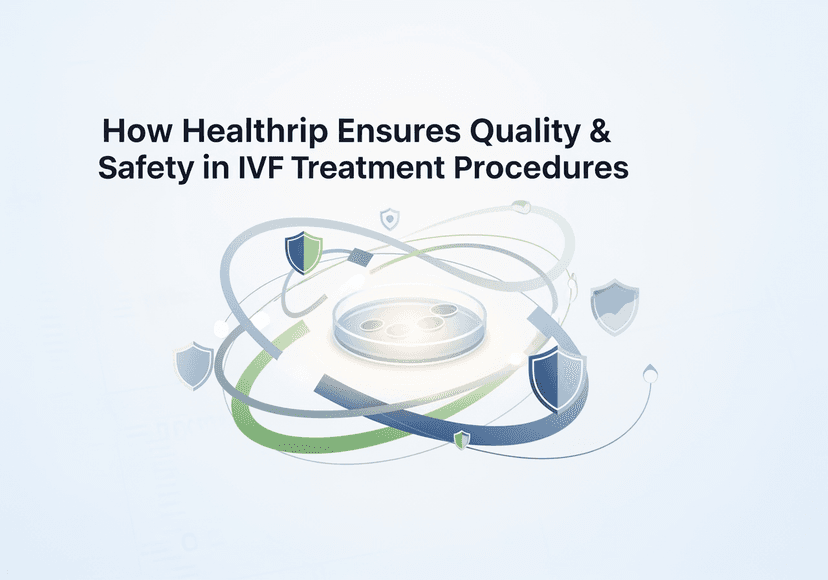
How Healthtrip Ensures Quality & Safety in IVF Treatment Procedures
Detailed guide on ivf treatment, featuring doctors, hospitals, risks, recovery,
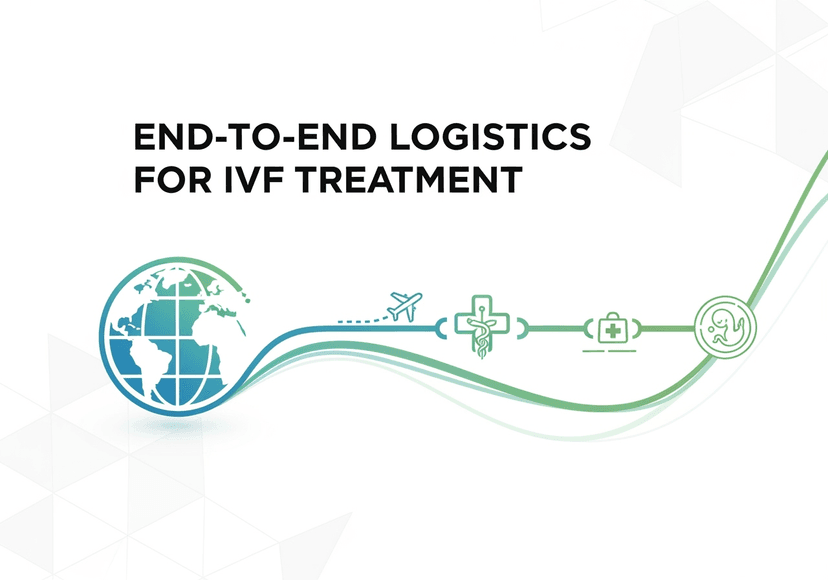
End-to-End Logistics for IVF Treatment with Healthtrip's Support
Detailed guide on ivf treatment, featuring doctors, hospitals, risks, recovery,
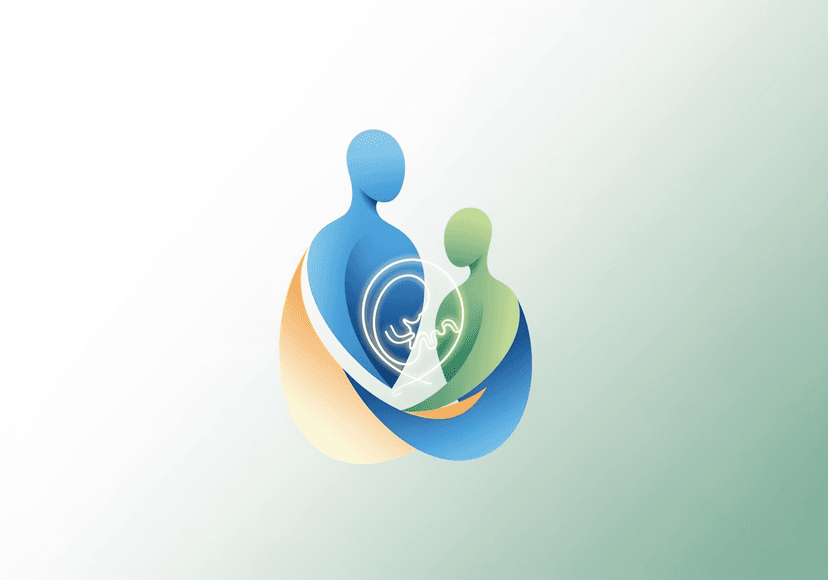
Healthtrip's Care Coordinators: Your Support During IVF Treatment
Detailed guide on ivf treatment, featuring doctors, hospitals, risks, recovery,
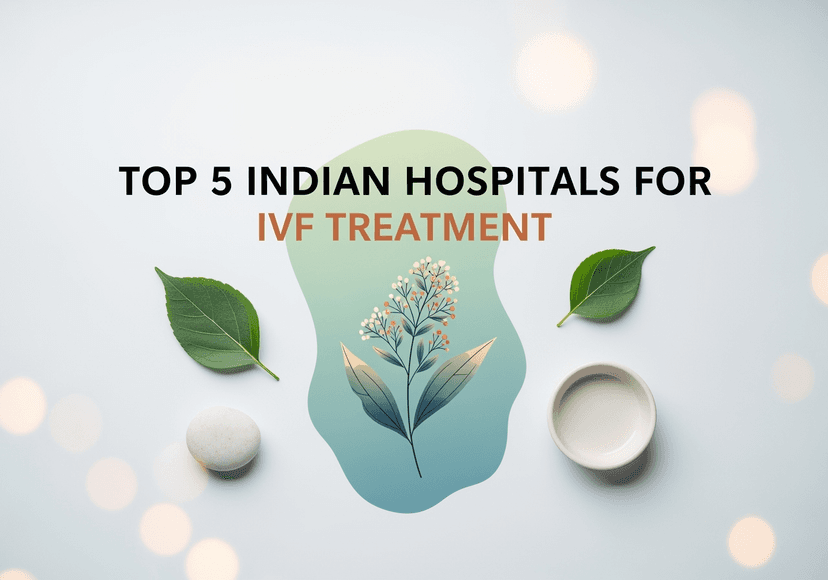
Top 5 Indian Hospitals for IVF Treatment
Detailed guide on ivf treatment, featuring doctors, hospitals, risks, recovery,

Post-IVF Treatment Diet and Lifestyle Tips
Detailed guide on ivf treatment, featuring doctors, hospitals, risks, recovery,
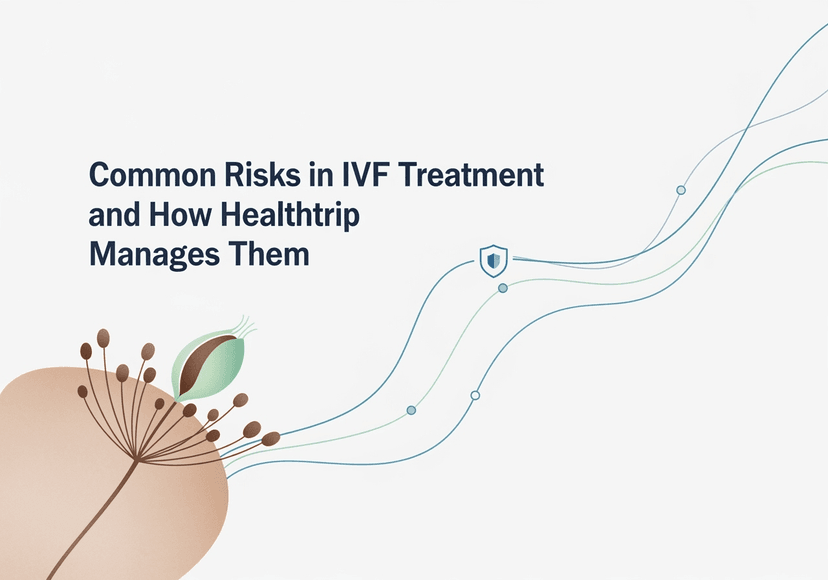
Common Risks in IVF Treatment and How Healthtrip Manages Them
Detailed guide on ivf treatment, featuring doctors, hospitals, risks, recovery,










